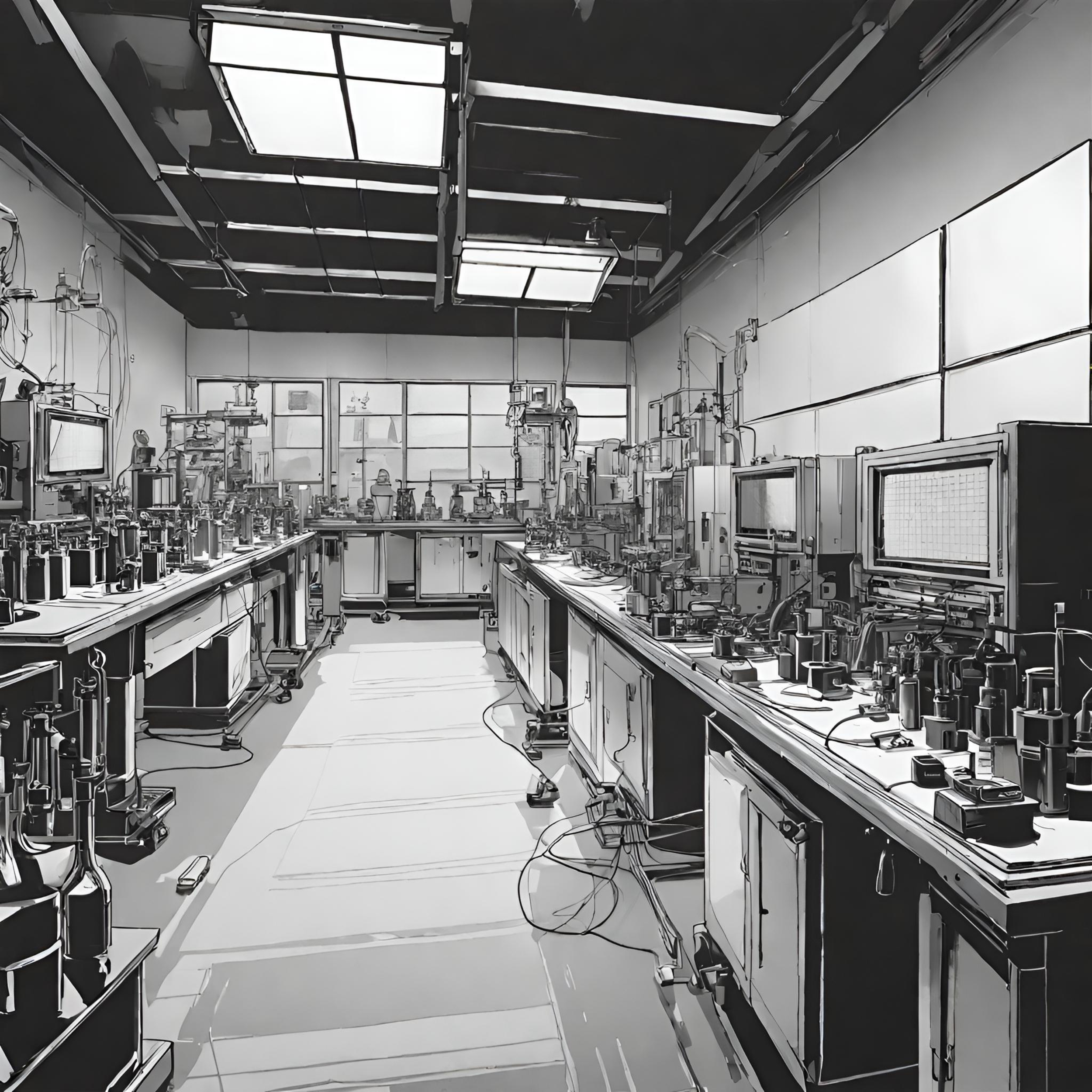Spectroscopy, Renewables & Education
Founded by A/Prof. Murad Tayebjee in 2018, Spectre Research is a UNSW team of scientists, engineers, and educators dedicated to understanding, developing, and explaining renewable energy technologies.
Education
Renewables
Spectroscopy
-
Light-matter interactions
Manipulating and transforming light energy is the key to a range of technologies including solar cells, low-energy lighting, sensors and even biomedical imaging. However, all of these devices need to be underpinned by a firm understanding of the fundamentals.
At Spectre we used advanced spectroscopy techniques to perform these studies. This includes ultrafast laser spectroscopy (transient absorption, transient THz, and femtosecond stimulated Raman spectroscopy) as well as magnetic resonance techniques. We bridge the gap between these two research areas by building news experiments which incorporate large magnetic fields to perturb the electronic states we study.
This work is currently funded by an ARC Future Fellowship and has been recognised by a Young Tall Poppy Award and a Royal Australian Chemical Institute Physical Chemistry Lectureship.
-
Designing new technology
At spectre we design devices that can be used to generate renewable energy. With a particular focus on the next generation of solar cell technologies. Of particular note is the development of a singlet fission silicon tandem device in collaboration with Omega Silicon. A recent presentation on this research can be found here.
This work is currently funded by several ARENA projects.
-
Training the Next Generation
Another aspect of spectre is our work developing new ways to teach undergraduate and high school students. We joined Lionsheart Studios who have developed a massive multiplayer online (MMO) game called Playconomics. Our team added in an energy module called PlayEnergy.
Designed from scratch to be fully integrated with Playconomics, PlayEnergy delivers an interdisciplinary blend of Engineering and Social Sciences via a massive multiplayer (millions of students can be hosted in the same virtual world) persistent (it continues even when students are not actively engaging) online (can be run on browsers) game (indistinguishable from a regular videogame). It is the first example of a functioning metaverse in education. Think of “Civilization” backed by thermodynamics and economic principles to give students an understanding of the complex sustainable energy ecosystem.
This work has been supported by UNSW Funds from the Pro-Vice Chancellor Education and the Faculty of Engineering.



